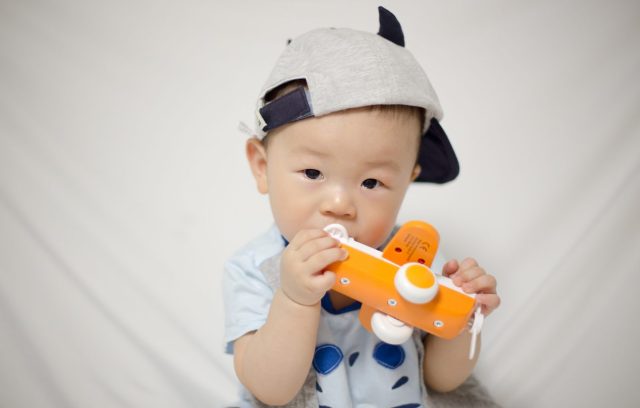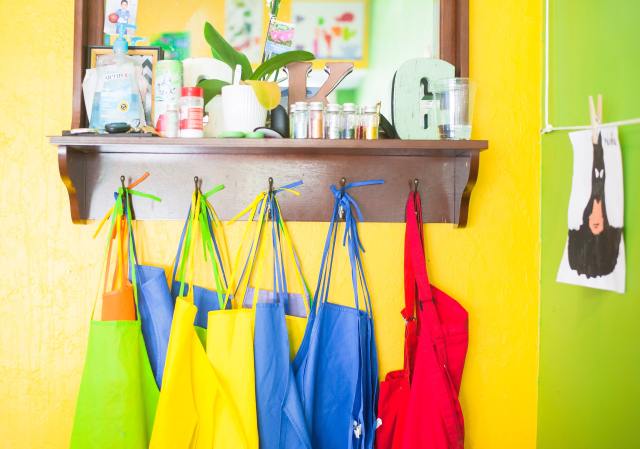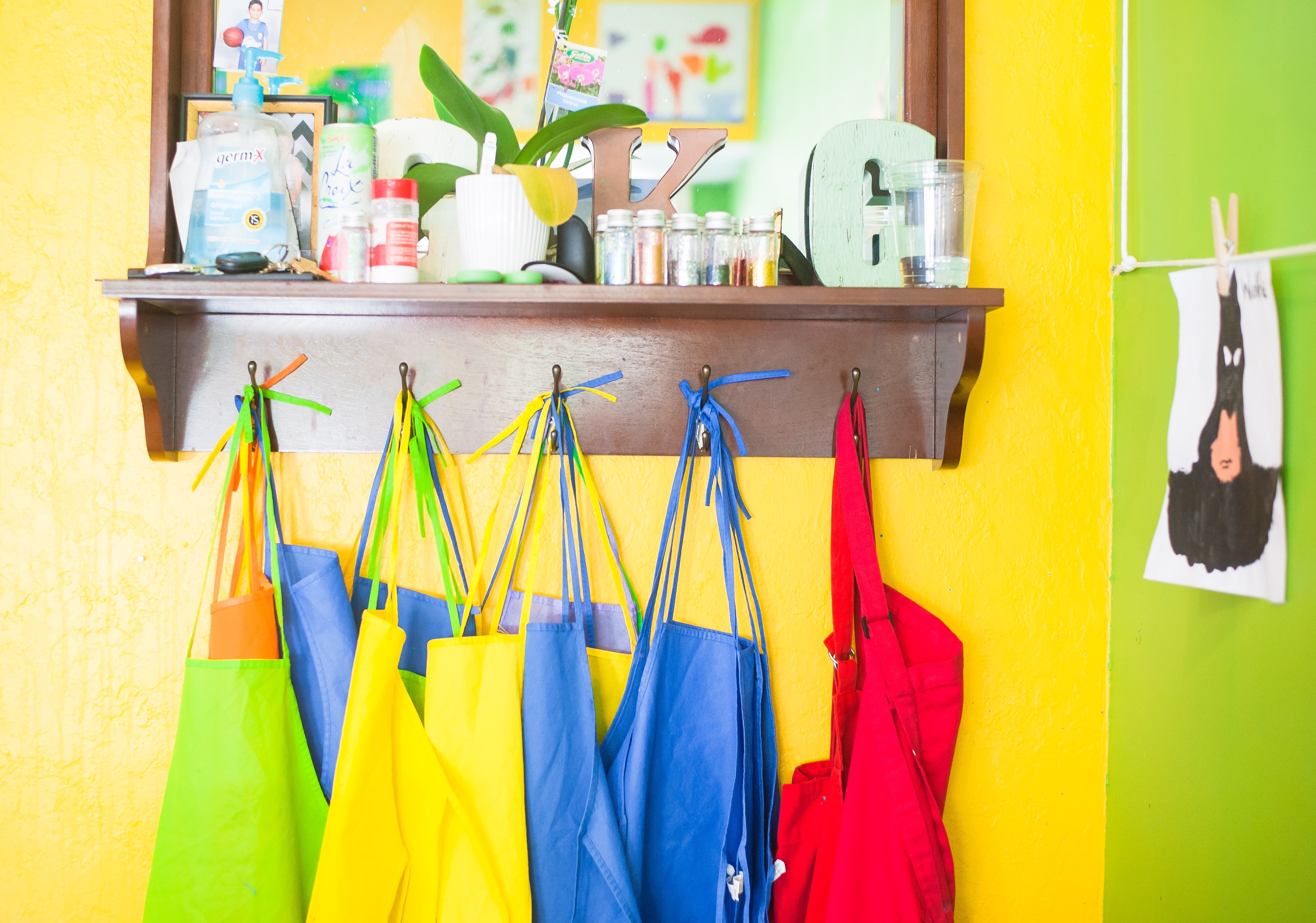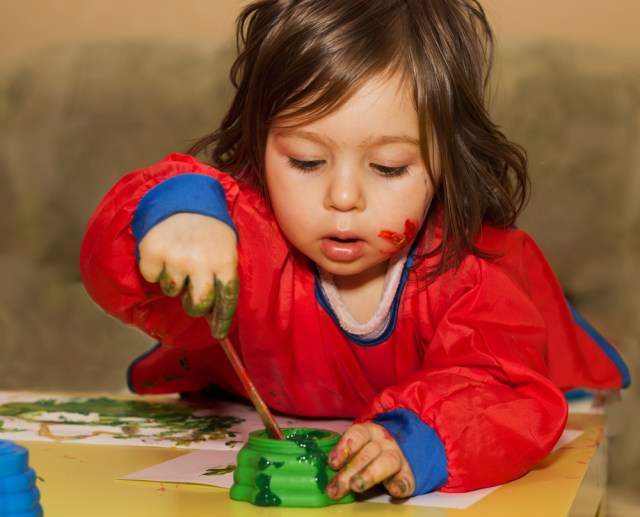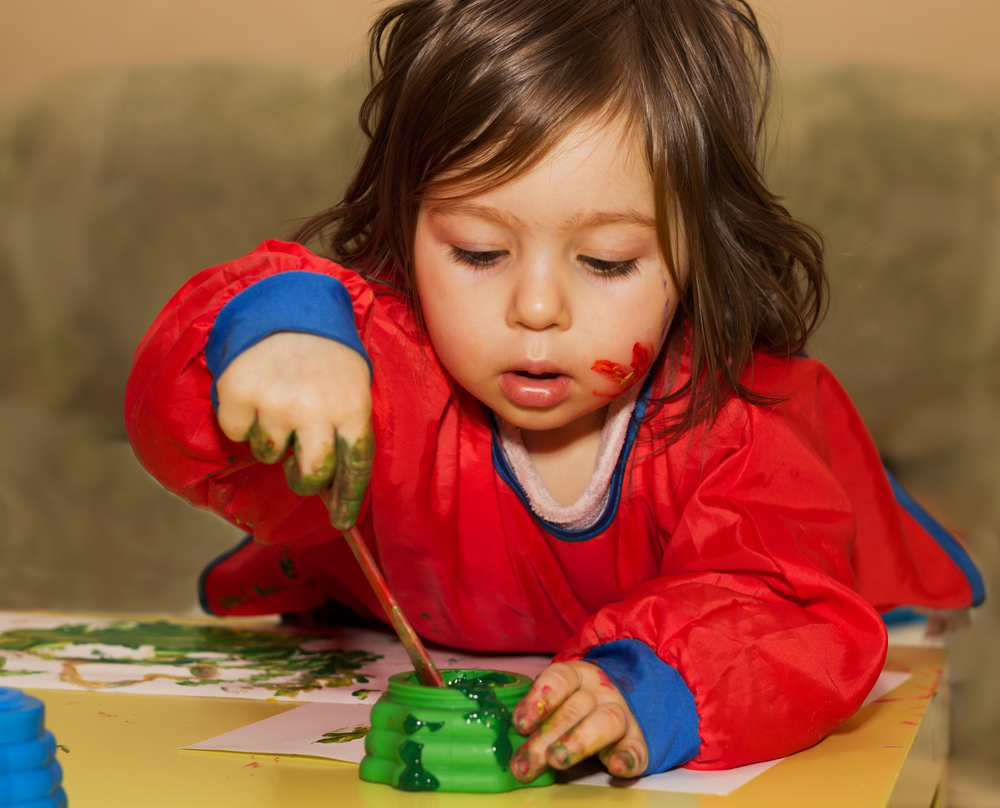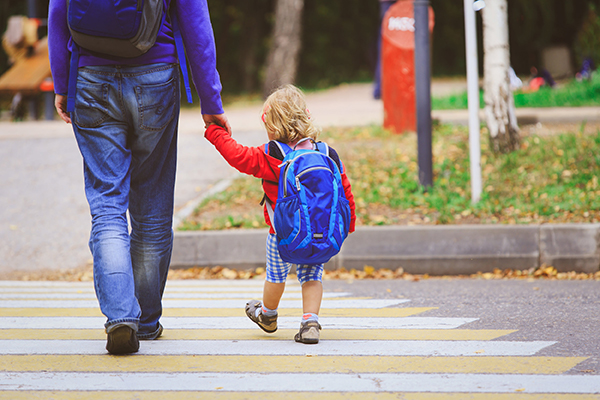When presented with a room filled with toys, which one will your baby pick? When a baby reaches for one toy over another, that seemingly random choice is very bad news for those unpicked toys. Your baby has likely decided they don’t like what they didn’t choose.

Though researchers have long known that adults build unconscious biases over a lifetime of making choices between things that are essentially the same, the new Johns Hopkins University finding that even babies engage in this phenomenon demonstrates that this way of justifying choice is intuitive and somehow fundamental to the human experience.
“The act of making a choice changes how we feel about our options,” said co-author Alex Silver, a former Johns Hopkins undergraduate who’s now a graduate student in cognitive psychology at the University of Pittsburgh. “Even infants who are really just at the start of making choices for themselves have this bias.”
The findings are published in the journal Psychological Science.
People assume they choose things that they like. But research suggests that’s sometimes backwards. We like things because we choose them and we dislike things that we don’t choose.
“I chose this, so I must like it. I didn’t choose this other thing, so it must not be so good. Adults make these inferences unconsciously,” said co-author Lisa Feigenson, a Johns Hopkins cognitive scientist specializing in child development. “We justify our choice after the fact.”
This makes sense for adults who must make such choices every day, having to select which toothpaste to purchase or which car to drive. The question, for Feigenson and Silver, was when exactly do people start doing this. They turned to babies, who don’t get many choices so, as Feigenson puts it, are “a perfect window into the origin of this tendency.”
The team brought 10- to 20-month-old babies into the lab and gave them a choice of objects to play with: two equally bright and colorful soft blocks. They set each block far apart, so the babies had to crawl to one or the other — a random choice.
After the baby chose one of the toys, the researchers took it away and came back with a new option. The babies could then pick from the toy they didn’t play with the first time, or a brand new toy.
“The babies reliably chose to play with the new object rather than the one they had previously not chosen, as if they were saying, ‘Hmm, I didn’t choose that object last time, I guess I didn’t like it very much,’ ” Feigenson said. “That is the core phenomenon. Adults will like less the thing they didn’t choose, even if they had no real preference in the first place. And babies, just the same, dis-prefer the unchosen object.”
In follow-up experiments, when the researchers instead chose which toy the baby would play with, the phenomenon disappeared entirely. If you take the element of choice away, Feigenson said, the phenomenon goes away.
“They are really not choosing based on novelty or intrinsic preference,” Silver said. “I think it’s really surprising. We wouldn’t expect infants to be making such methodical choices.”
To continue studying the evolution of choice in babies, the lab will next look at the idea of “choice overload.” For adults, choice is good, but too many choices can be a problem, so the lab will try to determine if that is also true for babies.
—Jennifer Swartvagher
Featured photo: Minnie Zhou on Unsplash
RELATED STORIES
Why Family Pets Are Good for Your Health, According to Science
Here’s What Science Says about Women, Alcohol & Mental Health
New Breastfeeding Relaxation Therapy Could Help Nursing Moms Produce More Milk, Study Says
